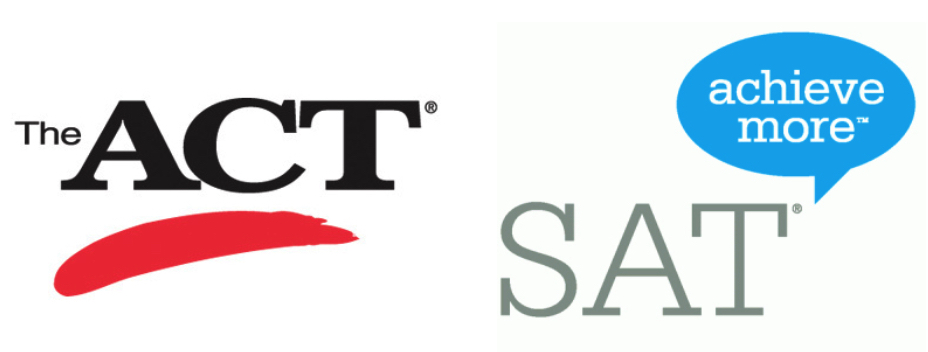With so much in the news about changes to college testing and admissions, I have heard the same questions from many clients. I wanted to pass along the very latest and best information that I have about the SAT, ACT, and test optional policies.
How have the ACT and SAT changed their upcoming dates?
• ACT just announced that they will have test dates on June 13th and July 18th. If there is a need to move the test date because of local health conditions, the June test would be moved to June 20th and the July test would be moved to July 25th. Despite much speculation that the summer ACT tests would be cancelled, they are on track to go ahead.
• SAT announced that they are cancelling the upcoming June SAT date, but will have a total of 5 national test dates for the fall with sufficient capacity to test all students who wish to do so. There will be an SAT each month starting in August. Additionally, the in-school SAT that was cancelled in the spring will be offered in the fall.
What if the country is still locked down in the fall and it is unsafe to take the SAT and ACT in person?
• Both SAT and ACT will make online, at-home versions of their tests available this fall should it be necessary. At-home tests have already been made for the GRE, GMAT, SSAT, LSAT, and AP exams. Should they make the online tests available, I believe they would simply keep the test as it is in its current format, but have virtual proctoring, test session recording through a computer’s camera, and browser lockdown to prevent cheating. More details about the precise format of the online tests will be forthcoming.
I have heard that many colleges are going “test optional,” and that my child now has the option to not submit SAT and ACT scores. Does this mean I don’t need to have my child take the SAT and ACT?
• “Test optional” does not mean “test blind”—if you can take the ACT and SAT to improve your application, it is definitely in your interest to do so even for test optional schools. Only 21% of all the 5,300 U.S. colleges/universities are test optional, and only 10% of the top 20 nationally-ranked universities (U.S. News & World Report ranking) are test optional.
• Only two schools in the United States, Hampshire College and Northern Illinois University are test-blind—they will not consider ACT and SAT test scores in any way. All other colleges in the country will consider test scores when making admissions decisions.
• The University of Chicago, the most highly-ranked test optional University, actually saw its admissions rate decline to 6% and its average SAT scores improve after going test optional. Their admissions website encourages “students to take standardized tests like the SAT and ACT, and to share your scores with us if you think that they are reflective of your ability and potential.” Only about 10-15% of University of Chicago applicants choose to not submit their test scores. https://collegeadmissions.uchicago.edu/apply/first-year-applicants
• For the University of California system, temporarily being test optional this year “does not lower the bar for admission, but accommodates the real barriers students have faced as tests have been cancelled and classes have moved to Pass/No Pass grading. Admissions to UC campuses is highly sought after and will continue to be just as competitive.” Submitting test scores can support students’ “statewide UC eligibility, application for certain scholarships, and help them fulfill some University graduation requirements.” https://admission.universityofcalifornia.edu/response-covid-19.html
• If you are able to take the SAT and ACT, do so early and often.
o Grades may hold less weight in admissions decisions than in previous years since many high schools are instituting “pass/fail” or no grading for the 2020 spring semester.
o Students who would traditionally have impressive extracurricular accomplishments from the spring and summer will not be able to showcase their talents as they normally would.
o Students may be unable to make college visits to demonstrate interest in schools, and do in-person interviews.
o Accurate letters of recommendation may be more difficult to obtain since letter writers may not have the same level of personal contact with students that they normally would.
o As always, the more objective information you can provide to a college about your solid academic qualifications, the better your chances of admission. Taking the SAT and ACT is one of the easiest ways to make this happen.
–Brian Stewart

